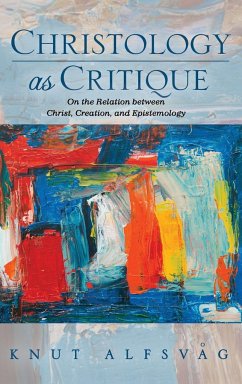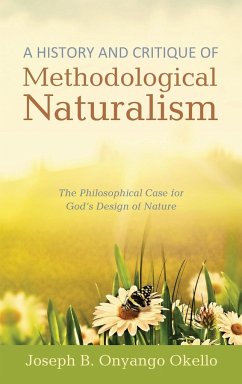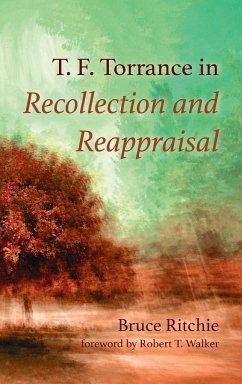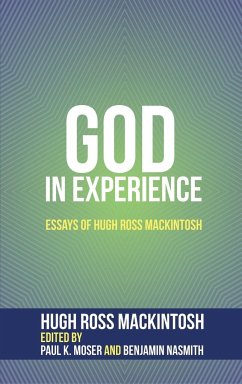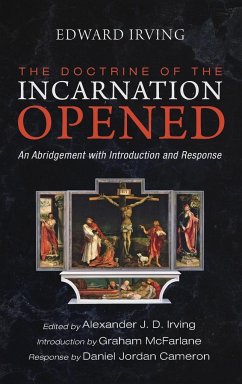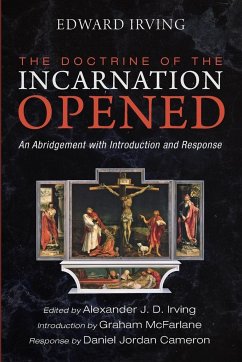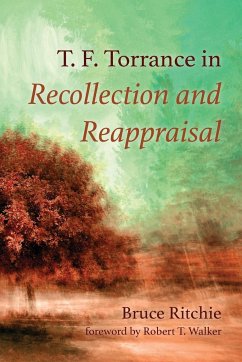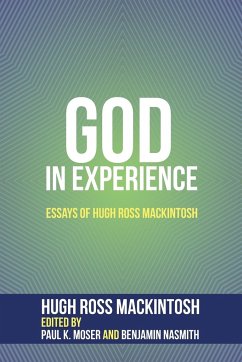If the origin of the world is not a part of the world, what are the implications for our understanding of ourselves, the world, and its origin? In antiquity, both gentile and Christian authors agreed that the significance of this question could only be maintained by accepting the unbridgeable difference between the world and God. Not even Christology as the most ambitious attempt at developing a model for divine-human communication was allowed to undermine the principle of absolute divine difference. This changed with the modern emphasis on univocity and measurability as the defining aspects of knowledge. From the point of view of a philosophy of absolute difference, this appears as an arbitrary loss of perspective. By focusing on four authors--Cusanus, Luther, Hamann, and Kierkegaard--who have explored how the Christian and paradoxical understanding of Christ as eternal God and true human subverts the modern emphasis on unambiguity and definability, the present investigation makes an attempt to retrieve what has been lost. Classical Christology as interpreted by these authors thus appears as an indispensable tool for receiving and appreciating the gift of the world in a way that is not unduly limited by anthropocentric prejudice. ""Alfsvag's work is a further contribution to the deconstruction of modernity. It draws on the critical and constructive potential of premodern insights deployed by Cusanus and Luther and retrieved by Hamann and Kierkegaard. These insights, in line with Scripture and Chalcedonian Christology, are then applied to key theological problems today. The book, which I highly recommend, is accessible to the general reader but written for the scholar."" --Jeffrey Silcock, Australian Lutheran College / University of Divinity ""In this volume Knut Alfsvag tests the relationship between Christianity, and more specifically Christology, and other modes of recent thought by a deep yet focused examination of the relevant positions of Nicolas of Cusa, Martin Luther, Johann Hamann, and Soren Kierkegaard . . . Ultimately, Alfsvag argues that we would do well to consider the ties to created realities that ground the arguments of the early church as well as these select theologians, as we consider our own scientific, philosophical, and theological positions."" --Tim Dost, Concordia Seminary, St. Louis, Missouri ""What is the relationship between the world and the human? Against the irrationality of modernism this study proffers a surprising answer: the indispensability of Christology. Drawing on a line of counter-cultural thinkers, Alfsvag draws out the implications for our time in stimulating fashion. This is a study of gravitas, with far-reaching significance."" --Gordon L. Isaac, Gordon Conwell Theological Seminary Knut Alfsvag is Professor of Systematic Theology at VID Specialized University, Stavanger, Norway. His research focuses on questions concerning the understanding of God and theological method, and the relation between the two. He is the author of the book What No Mind Has Conceived: On the Significance of Christological Apophaticism (2010).
Hinweis: Dieser Artikel kann nur an eine deutsche Lieferadresse ausgeliefert werden.
Hinweis: Dieser Artikel kann nur an eine deutsche Lieferadresse ausgeliefert werden.

